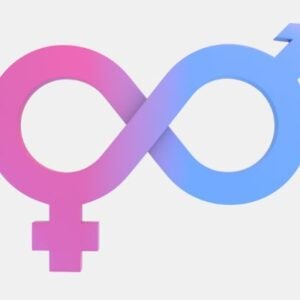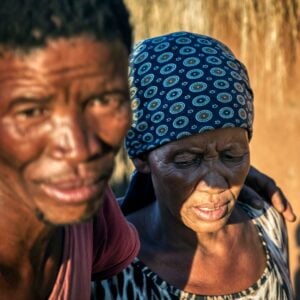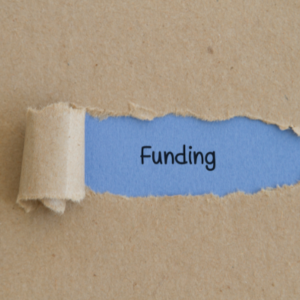The United Nations General Assembly’s high-level week began with a powerful celebration of women’s empowerment, marking the 30th anniversary of the landmark Beijing Declaration—a global blueprint for advancing women’s rights.
Only the fifth woman to preside over the UN General Assembly in its 80-year history praised the courage of those “who fought for every phrase, every word in the Beijing Declaration,” reflecting on the pivotal 1995 conference that redefined the global fight for gender equality. Delegates from governments, civil society, academia, and the private sector gathered to discuss how to accelerate the declaration’s implementation.
“For so many of us here in this room, we hold positions that when we ourselves were young seemed unattainable, but are now almost normal for the next generation,” said Annalena Baerbock, recalling the rallying cry of then–First Lady Hillary Clinton in Beijing: “women’s rights are human rights.”
UN Secretary-General António Guterres described the Beijing Declaration as “the most ambitious global political commitment on women’s rights ever achieved,” crediting it with driving advances in legal protection, political participation, and education for women worldwide. UN Women Executive Director Sima Bahous highlighted measurable gains, noting that girls today are more likely to finish school than ever before, the number of women in parliaments has nearly doubled, and almost 100 discriminatory laws have been overturned in just the past five years. “Every step forward proved the same truth: gender equality works,” Bahous said. “But progress has not been fast enough.”
A recent UN Women report underscores the urgency, revealing that none of the gender equality Sustainable Development Goals are currently on track. Alarmingly, 676 million women and girls now live under the shadow of deadly conflict, the highest figure since the 1990s.
UN Global Advocate Cecilia Suárez, representing the Spotlight Initiative to end violence against women and girls, emphasized that positive results are possible with strong leadership and reforms. Human rights activist and Yazidi survivor Nadia Murad called on the international community to fund women’s organizations, guarantee women’s participation in peace and security efforts, and hold perpetrators accountable.
“The next generation of women and girls deserve to inherit no more promises but the reality of justice, equality and dignity,” Murad declared, urging leaders to turn decades of commitments into tangible action.







